High-fat diet postpones brain aging in study.
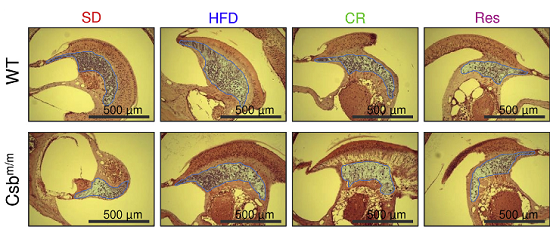
New research led by the University of Copenhagen suggests that signs of brain aging can be postponed in mice if placed on a high-fat diet. In the long term, this opens the possibility of treatment of children suffering from premature aging and patients with Alzheimer’s and Parkinson’s disease. The study is published in the journal Cell Metabolism.
When humans get older, defects begin to develop in their nervous system, the brain loses some of its intellectual capacity, and the risk of developing diseases such as Parkinson’s and Alzheimer’s increases. Alzheimer’s disease is currently the fastest-growing age-related disease.
Throughout peoples lives, it is important that cells, to the extent possible, keep DNA undamaged, and, therefore, the cells have a system that repairs the damage that occurs all the time. Humans age when the repair system ceases to function. In diseases such as Alzheimer’s, the researchers also see damage to the DNA
The researchers studied mice having a defect in their DNA repair system. In humans, this defect causes the disorder Cockayne syndrome, where patients prematurely age as children and die at an age of 10-12 years. The study shows that placing a mouse model of Cockayne syndrome on a high-fat diet will postpone aging processes such as impaired hearing and weight loss.
The study is good news for children with Cockayne syndrome, because there is currently no effective treatment. The study suggests that a high-fat diet can postpone aging processes. A diet high in fat also seems to postpone the aging of the brain. The findings therefore potentially imply that patients with Alzheimer’s and Parkinson’s disease in the long term may benefit from the new knowledge.
The brain has a constant need for fuel in the form of either sugar or so-called ketones. Ketones are the brain’s fuel reserve, and, in particular, play an important role in periods of low blood sugar levels, e.g. if a person is fasting. This is because the body breaks down fat if it needs sugar, and during this process it produces ketones. The researchers saw a particular positive effect when the mice were given the so-called medium chain fatty acids from coconut oil.
In cells from children with Cockayne syndrome, the team have previously demonstrated that aging is a result of the cell repair mechanism being constantly active. It eats into the resources and causes the cell to age very quickly.
The group therefore hope that a diet with a high content of coconut oil or similar fats will have a beneficial effect, because the brain cells are given extra fuel and thus the strength to repair the damage.
Source: University of Copenhagen
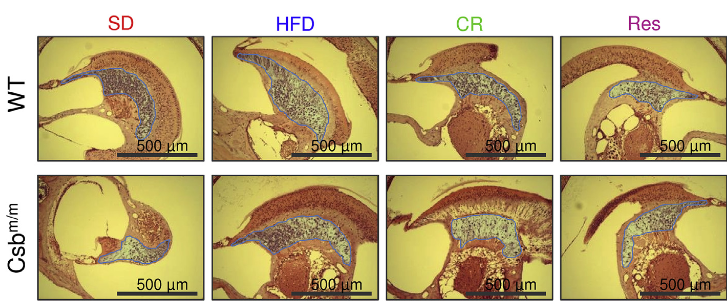
A HFD Increases b-OHB Levels and Rescues the Neurological Phenotype of Csbm/m Mice. Representative histological images of hematoxylin-and-eosin-stained sections of the inner ear (blue highlight: spiral ganglion). A High-Fat Diet and NAD+ Activate Sirt1 to Rescue Premature Aging in Cockayne Syndrome. Bohr et al 2014.
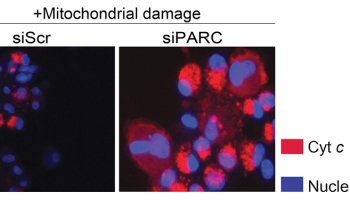
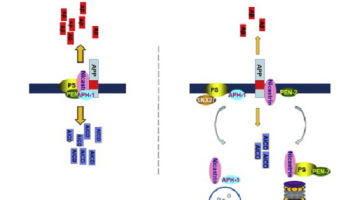
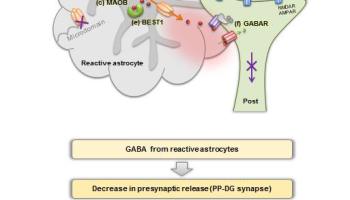


This is amazing! Thank you so much for this info.
LikeLike